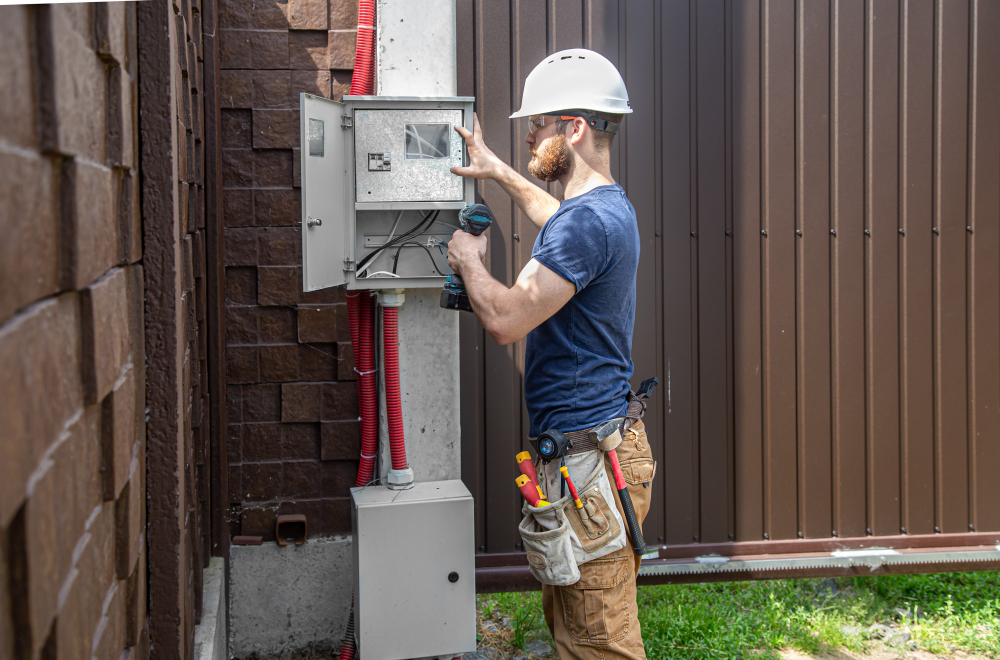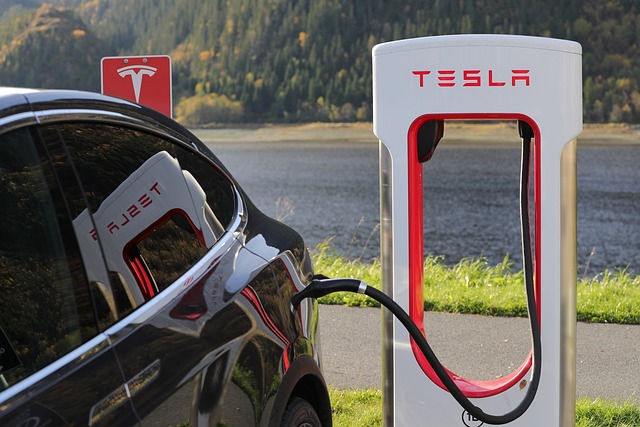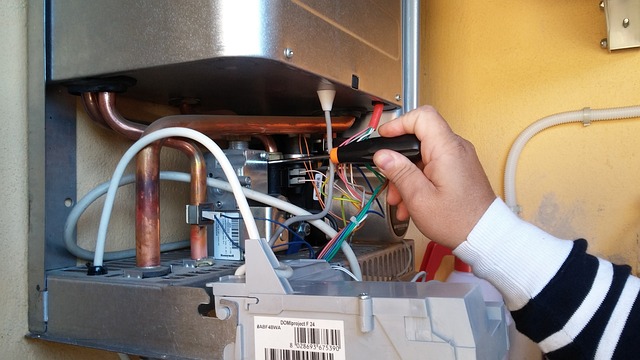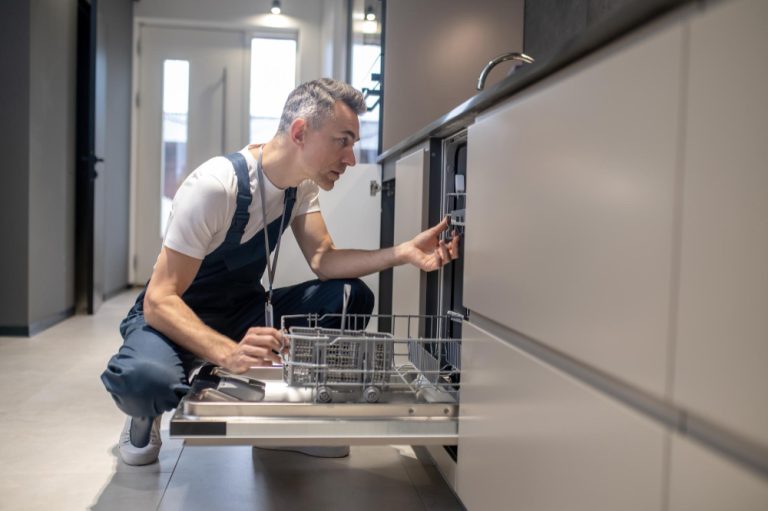A home standby generator waits for the power to shut off and then automatically restores it within seconds. Unlike portable generators, these units don’t require constant refueling or trips to gas stations during dangerous weather.
This type of generator is also essential for businesses that rely on powered equipment or employees who work from home. The continuous flow of electricity can help prevent stock loss and lost productivity.
Peace of Mind
A briggs & stratton standby generator is a permanent power solution installed in your home. It will run off a natural gas or propane line that runs underground and connects to your home’s transfer switch and subpanel.
The system monitors for a power outage, and the generator will start within seconds. It will disconnect from the utility and supply electricity to your home’s electrical circuits. When the power returns, the automatic transfer switch will reconnect with the utility and shut down the generator.
It is the best option for homes with power needs, such as central air and kitchen appliances. It also provides peace of mind to homeowners with medical devices requiring constant electricity or would be in life-threatening situations without it.
While these generators are a significant upfront investment, they pay for themselves with the peace of mind you get from knowing your home’s valuable items will stay powered during a power outage. They’re much quieter than portable generators and don’t require much maintenance.
Reduced Risk of Injury
Home generators monitor power around the clock, and when an outage occurs, they begin supplying electricity automatically. It prevents food from spoiling in refrigerators, sump pumps from stopping working, and lights and televisions from going out.
In a time when most appliances use complex electronics, the constant flow of power from home generators protects them from damage caused by voltage fluctuations. These fluctuations can cause circuit boards to fail or create fire hazards.
Homeowners who install a backup generator can get a discount on their homeowner’s insurance rates. Homeowners should ensure the generator is sized correctly during installation to ensure it doesn’t overpower their homes and cause damage or fires. They should also have a qualified electrician install a transfer switch to prevent the back-feeding of electricity, which can be deadly and cause fires. Most residential standby generators are powered by natural gas, but those that can’t be connected to a gas line often run on propane.
Reduced Homeowner’s Insurance Rates
A backup generator can be powered by propane, natural gas, or diesel fuel. To determine the best option to meet your requirements, consider your personal preferences and the location of your home. Propane generators are portable and easy to use but require propane deliveries or standalone tanks. Natural gas generators are more permanent but depend on pipelines and fracking, which some homeowners find unpalatable. Diesel generators are more expensive but have the advantage of being environmentally friendly and offering the highest wattage.
Small standby generators can deliver varying power levels to your home, from 12 to 22 kilowatts. They can run essential appliances such as central air conditioning and keep refrigerators and freezers cold so food doesn’t spoil. They can also power a sump pump and lights in your home. If you are considering a generator, hire a professional installer to handle all permits and inspections to ensure the job is done correctly.
Increased Value of Your Home
A home generator system can be an attractive selling point for potential buyers if you live in an area prone to storms, flooding, or other natural disasters that knock out power. Many new homeowners are interested in the security of owning a backup generator that keeps the water running and their appliances working during a power outage.
Home standby generators are a great option if you’re looking for a reliable and long-lasting backup power solution. They are designed to operate on natural gas, liquid propane, or diesel fuel, providing a permanent installation to ensure you have power when needed. They monitor incoming power continuously and can start up within seconds of an outage. They do this without interrupting the regular operation of your home or appliances. Most generators will also “exercise” regularly to lubricate their engines, charge their batteries, and test their functionality.
If you install a generator in your home, it is essential to have a professional handle the installation. A professional ensures the job is done correctly and meets local code requirements. They will also handle the permits and inspections required for the work.
















+ There are no comments
Add yours